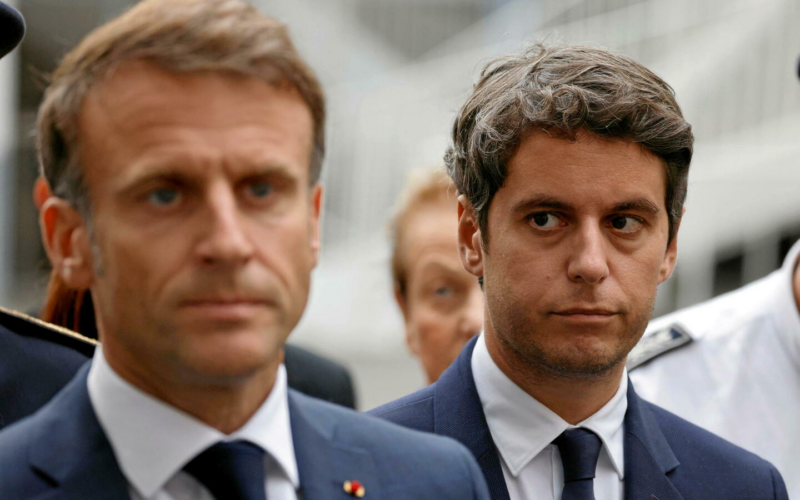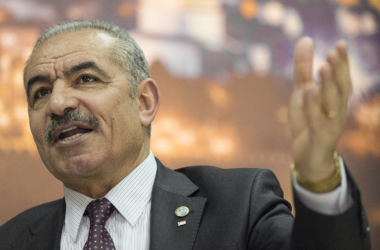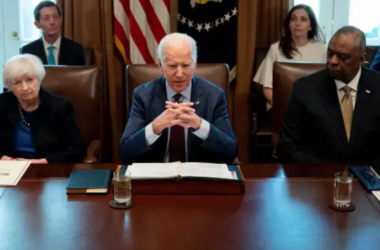Outgoing French Prime Minister Gabriel Attal has navigated his way through the political upheaval following recent snap elections by securing a new leadership role. On Saturday, Attal was elected as the head of the centrist parliamentary group of President Emmanuel Macron’s Renaissance party. This development comes in the wake of Macron’s party finishing second in the snap elections that concluded on Sunday.
Members of the Renaissance party, part of the Ensemble coalition supporting Macron, voted for Attal, who ran unopposed. While Attal is set to lose his position as prime minister, his new role will enable him to continue as an influential figure within the liberal faction of the parliament.
Attal had previously offered his resignation after Macron’s party won only 168 seats out of the 577-seat National Assembly. The snap elections were called after a significant defeat in the June 9 European elections. Despite the outcome, Macron asked Attal to remain in his position temporarily for the sake of the country’s stability, as no party or alliance had secured a parliamentary majority.
Tensions between Attal and Macron have reportedly increased recently, with Renaissance party insiders suggesting that Attal’s quick election reflects a desire among Macron’s allies to distance themselves from his leadership approach. A Renaissance official highlighted this shift, stating, “From now on, top down [politics] is over, it’s bottom up.”
Attal, 35, became the sole candidate after former Prime Minister Elisabeth Borne withdrew from the race, a move hailed by Renaissance MP Sylvain Maillard as a “choice of unity.” This unity stands in contrast to the left-wing New Popular Front (NFP) alliance, which, despite winning the most seats, is struggling to agree on a candidate for prime minister.
Attal’s election also signals potential changes for Macron’s current government. The parliament is set to vote on several key positions, including its president, and the liberals need maximum support, including from outgoing ministers returning to parliament.
While Macron had suggested more time was needed to build parliamentary coalitions, Attal is moving forward more quickly. BFMTV columnist Bruno Jeudy noted this proactive approach, contrasting it with Macron’s more measured pace.
Attal’s leadership was not Macron’s first choice for the Renaissance party. Macron preferred outgoing Interior Minister Gérald Darmanin, who supported the snap election. However, Attal’s vigorous campaign efforts have positioned him as a key figure for centrist lawmakers.
Attal, who has ambitions for the 2027 presidential election and is more popular than Macron according to polls, has already made decisions diverging from Macron’s wishes, such as suspending a controversial job benefits reform.
Despite his new role, Attal faces significant challenges. The centrist coalition backing Macron is at risk of fragmentation, with members expressing concerns over the party’s direction. Additionally, lawmaker Sacha Houlié announced plans to form his own group, potentially drawing members from both the right and left.
Attal must balance the interests of left-leaning and right-leaning MPs while collaborating with Macron, who is responsible for appointing the next prime minister. The appointed prime minister will need strong parliamentary support to pass legislation and maintain stability in the current hung parliament.








